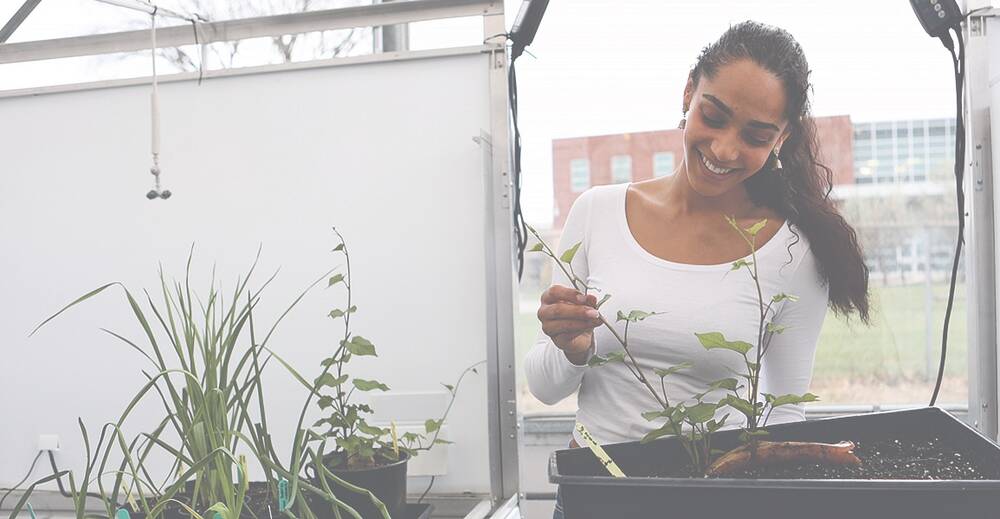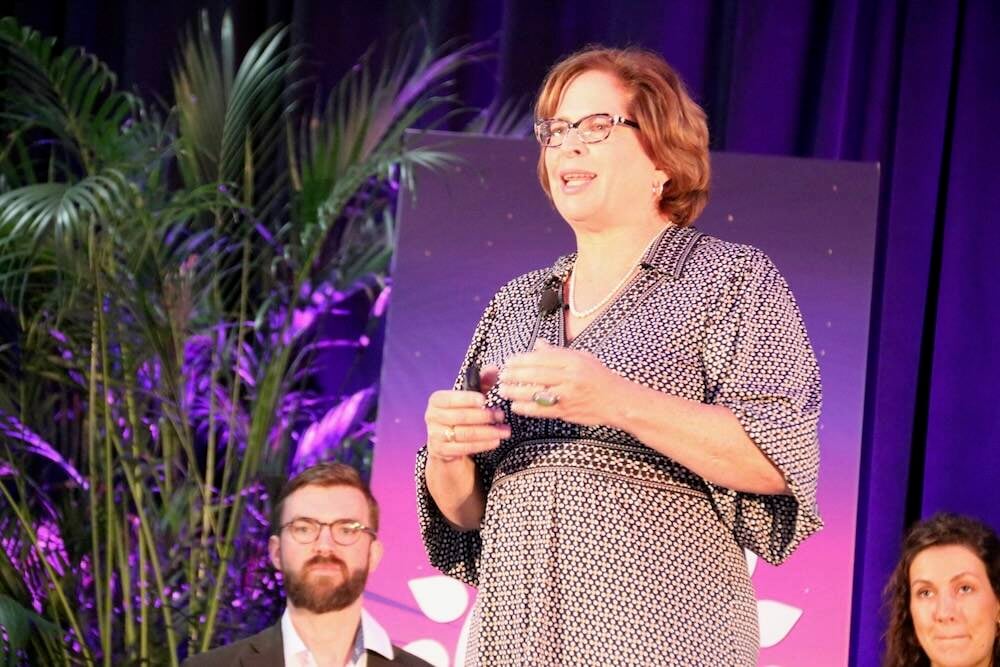University internship designed to show gamut of agriculture jobs

Agricultural workers are getting old.
Read Also


Opportunity in global milk market in next decade
At World Dairy Expo 2024 Rabobank dairy experts spoke about the decline in milk production in Europe and New Zealand, the two largest exporters of dairy products in the world.
The average age of Canadian farmers is late 50s, which is problematic, but the demographic challenge in agriculture is much bigger than grain, livestock and vegetable production. Companies that provide services and products to Canada’s agriculture industry have employees who are planning to retire soon.
Why it matters: Internships offer graduate students the opportunity to learn more about the types of jobs available in agriculture.
Those firms need to recruit replacement workers, but that isn’t an easy task, said Emmanuelle Arnaud, a professor at the Ontario Agricultural College (OAC) at the University of Guelph.
“They have had a hard time finding students and people to fill their positions, especially in Ontario. There are a lot of people retiring and not enough highly qualified personnel to fill those roles,” said Arnaud, assistant dean of graduate programs at OAC.
To fill that void, the U of G has developed an internship course for graduate students in masters’ programs at the college. The paid internship will run 12 to 16 weeks, beginning in May 2025 and lasting until August.
“Participating students will have already completed a four-year undergraduate degree in agri-food or a related field, along with two full-time semesters of graduate studies,” says a U of G news release.
“This makes them well-equipped to support a range of projects: conducting sustainability audits, reviewing operational processes, investigating emerging technologies and more.”
The first cohort of students will come from three programs – agricultural economics, animal science and plant science.
“This is not a new thing (but) there is an increasing recognition that internships could be a more significant part of graduate programming,” said Arnaud.
“While we excel in academic training, we also want our students to have opportunities for professional development, and there’s no better way to achieve that than through this internship.”
The U of G is hoping the course will solve a couple of problems. It will provide employers with potential candidates for full-time positions and educate students about potential careers within agriculture.
Lack of knowledge about jobs extends beyond students at the U of G. A 2023 report from the Canadian Agricultural Human Resources Council found that Canadians aged 16-65 believe there’s only one job within agriculture.
“A majority (54 percent) of Canadians are unable to identify a job in the agricultural industry that is not a farmer,” the report said.
Graduate students at the OAC can likely name more than one job but they also need more information about the range of opportunities, from agronomist to grain trader to data analyst.
“I think there is a disconnect between the students and the employers,” Arnaud said. “In terms of the students knowing about some of the jobs … people have a misconception about what agricultural jobs look like.”
Internships for the masters’ students will be paid positions. Some companies may balk at that idea, but it’s worth the investment given the “knowledge and skills that the graduate students bring to the table,” Arnaud said.
Firms and organizations interested in participating in the internship course can contact OAC for more information.
Source: Farmtario.com

